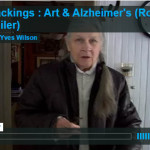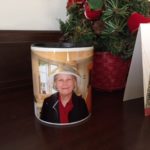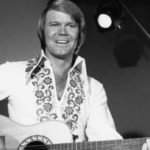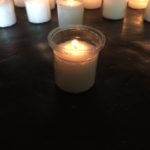A few days ago, my good friend brought this New York Times essay to my attention: My Mother, Lost and Found. He said it reminded him of the “fun stage” that Mom went through. I feel lucky to be among the ranks of caregivers who have some fond memories of the mid-stage Alzheimer’s phase. Others are living a Hell on earth as the dark side of their loved ones personality emerges.
Steve Knopper shares the new relationship he has with his mother since Alzheimer’s liberated her from the many constraints she had put on herself during her productive, pre-Alzheimer’s years. His story reminded me of a support group friend whose mother was one of the original “Clean Eaters” before it became commonplace. She was obsessed with what was or wasn’t healthy food and prepared and served her meals with a sort of OCD-like ritual. After the Alzheimer’s set in, she began enjoying family dinners and ate just about anything her grand kids would eat. In other’s words, she lightened up on herself and let go of her extreme discipline.
I always find it interesting to compare stories of when caregivers think the disease first presented itself in a family member. More often than not, I’ve heard that a dramatic decline occurred right after the death of a spouse. In fact, I hear it so much that I think researchers should take notice of this puzzle piece. In Knopper’s essay, He suspects that the seeds of his mother’s Alzheimer’s may have actually begun decades earlier with a major upheaval in her life. Knopper says his mother moved from Michigan to Colorado in the 1980’s and “downsized” almost everyone in her life during the process. I see a parallel here. Mom was about as socially engaged as a person could be before my Dad took a job in New York and relocated us from Kansas City in the mid-1970’s. Her friends and activities had all been abruptly left behind. Although she eventually developed new connections. I think the trauma had a lasting impact on her, as did the death of my father in 1998. Aside from the obvious benefits, more and more research points to the importance of maintaining a strong social network of friends and family for long term brain health. Ironically, our society is becoming for widely dispersed and disconnected from one another.
My Mother, Lost and Found: is a good read, whatever your situation: http://www.nytimes.com/2015/07/12/opinion/sunday/my-mother-lost-and-found.html?ribbon-ad-idx=13&rref=opinion&module=Ribbon&version=origin®ion=Header&action=click&contentCollection=Opinion&pgtype=article&_r=0





